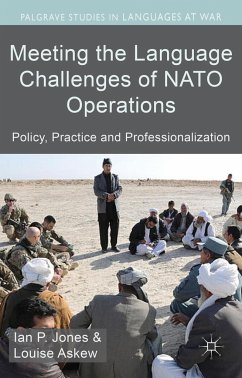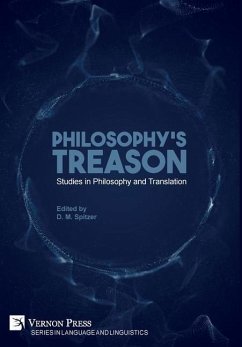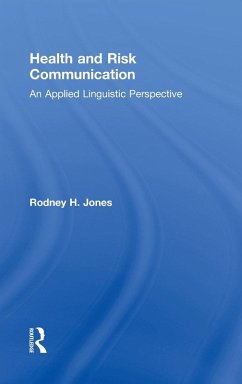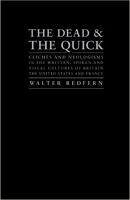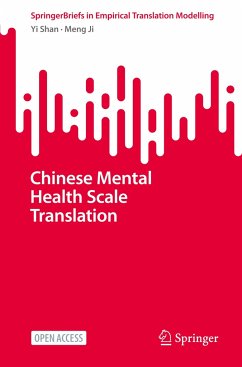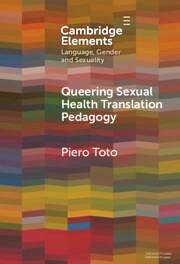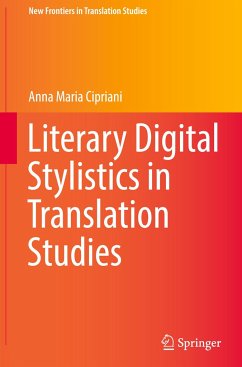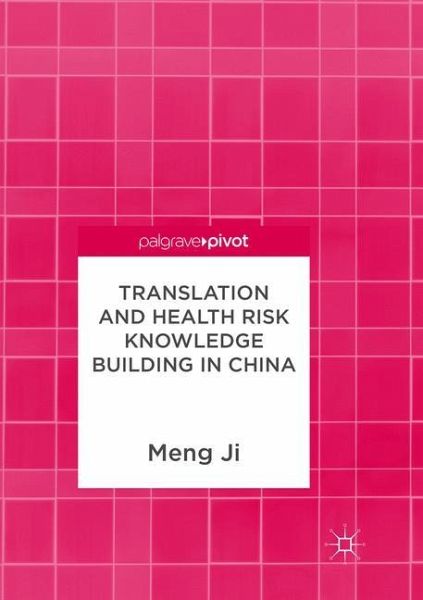
Translation and Health Risk Knowledge Building in China
Versandkostenfrei!
Versandfertig in 6-10 Tagen
38,99 €
inkl. MwSt.
Weitere Ausgaben:

PAYBACK Punkte
19 °P sammeln!
This pivot considers the dissemination of public health terms in Chinese scientific research and printed media. Bringing together quantitative and qualitative analysis from corpus linguistics, translation studies, contrastive linguistics to bear on the study of specialised public health translation, it provides key insights into the translation of key public health policy materials produced by authoritative international health agencies like the World Health Organisation (WHO). The study of the acceptance, assimilation and update of translated health risk terms is embedded within corpus transl...
This pivot considers the dissemination of public health terms in Chinese scientific research and printed media. Bringing together quantitative and qualitative analysis from corpus linguistics, translation studies, contrastive linguistics to bear on the study of specialised public health translation, it provides key insights into the translation of key public health policy materials produced by authoritative international health agencies like the World Health Organisation (WHO). The study of the acceptance, assimilation and update of translated health risk terms is embedded within corpus translation studies, one of the most dynamic areas of applied translation studies. This study deploys large-scale data bases of scientific publications and printed media materials to trace and analyse the use of translated public health terms and linguistic synonyms by Chinese researchers and media. It also highlights the limits of research investment on critical public health topics such as health financial risks and considers worldwide concerns about the use of accurate and appropriate terminology in specialized fields of knowledge, and the implications for scholarly research, translator training and professional practice.




